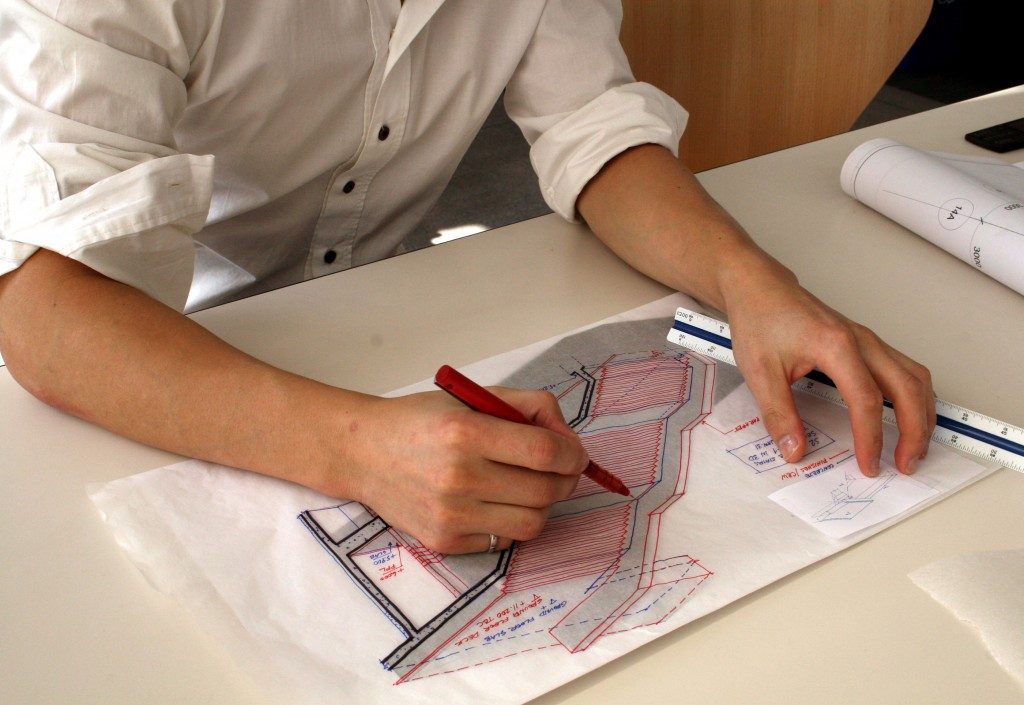Much as construction contractors are insured on the job because of its many risks, heavy equipment also needs insurance. These huge machines often perform arduous tasks and are exposed to hazards when in use, increasing the odds of damage.
When heavy equipment such as bulldozers, front loaders, and cranes break down, workflow is interrupted. It’s crucial to have your heavy equipment insured so you’re sufficiently covered and prepared when equipment breakdown happens.
When looking for insurance companies, make sure to read through their policy documents. This way, you can better understand the intricacies of what they’re offering and have a first-hand insight on which one offers the best coverage. With that said, here are some factors that you should look for in an insurance policy for your heavy equipment:
1. Equipment Breakdown Insurance
Critical accidents involving heavy equipment in Salt Lake City can and do cause your current project to come to a standstill. This results in low productivity, on top of the unexpected (and unwanted) costs of heavy equipment repair and replacement. So, you should consider equipment breakdown insurance.
Also known as boiler and machinery insurance, this covers construction companies from sudden, unforeseen damages. This includes disasters like explosions, fires, and storms that can cause setbacks in the operating capacity and functionality of the equipment.
The basis of compensation for this type of insurance is dependent on whether the equipment can still be repaired or not. Fortunately, equipment breakdown insurance covers a range of equipment types, from air conditioning systems and boilers to electrical equipment and computers.
2. Additional Coverage
Equipment breakdown insurance only covers costs that are associated with repairing and replacing the damaged machines. Because of this, it is advisable to have additional coverage to account for indirect damages caused by equipment breakdown.
Consider adding the following to your basic equipment breakdown policy:
- Business interruption coverage to protect your company against loss of income and continuing expenses due to breakdown.
- Spoilage coverage, specifically created for food manufacturers, provides companies with protection against loss or expenses due to product spoilage resulting from equipment breakdown.
- Rental reimbursement covers the cost of renting a replacement until the damaged heavy equipment is repaired or replaced.
- Sub-limited coverage is created for specific sub-limits, including hazardous substances, medical supplies, water damage, and other things, depending on the type of business the heavy equipment is used in.
3. Insurance When Leasing

If you’re leasing your equipment out to other businesses, you still need to get insurance for that machine, though you’re not responsible for its repair and replacement.
However, if you’re the one leasing the equipment for your use, you can be held liable for damages. Additionally, if you’re the lessee, you have to thoroughly peruse your contract with the leasing firm. Doing so helps you determine if you need to purchase an insurance policy for the leased equipment.
With an insurance policy for the equipment you’re renting, you’re covered for the costs of fixing a machine that breaks down. This is important since the owner of these pieces of equipment won’t compensate you for lost revenue resulting from business interruptions because of machine breakdown.
With all the hazards associated with a construction job, there is a huge risk of delayed projects and financial losses. Proper insurance coverage for your construction equipment is vital in the risk management process of your company.

